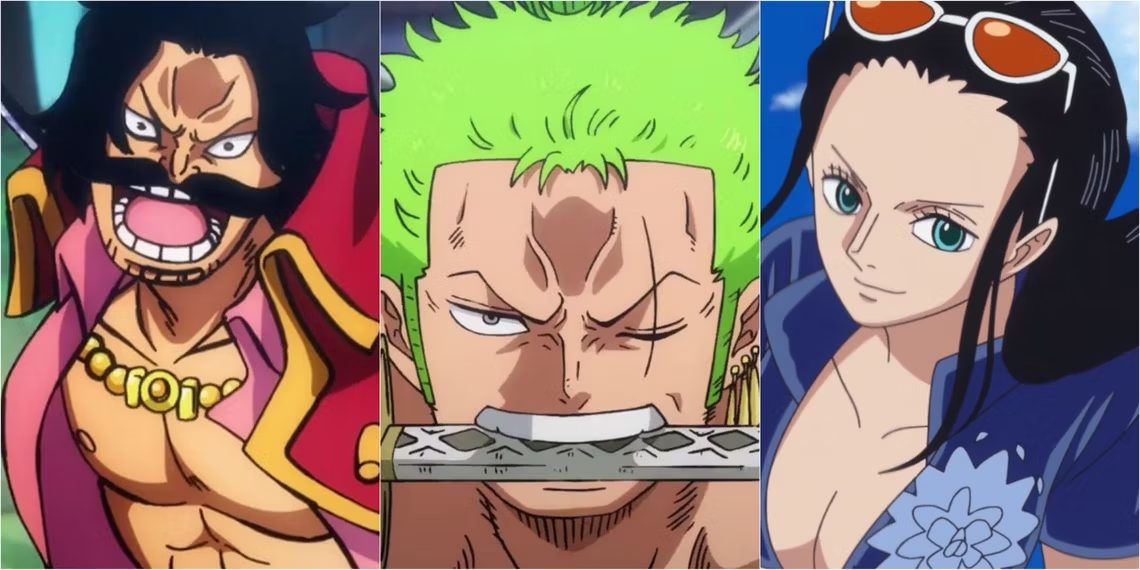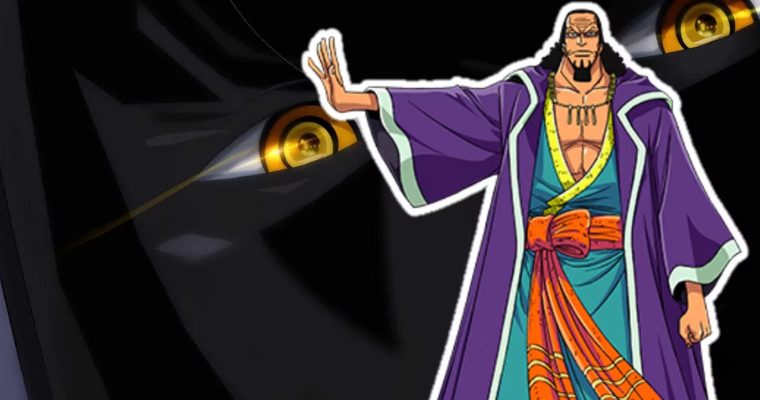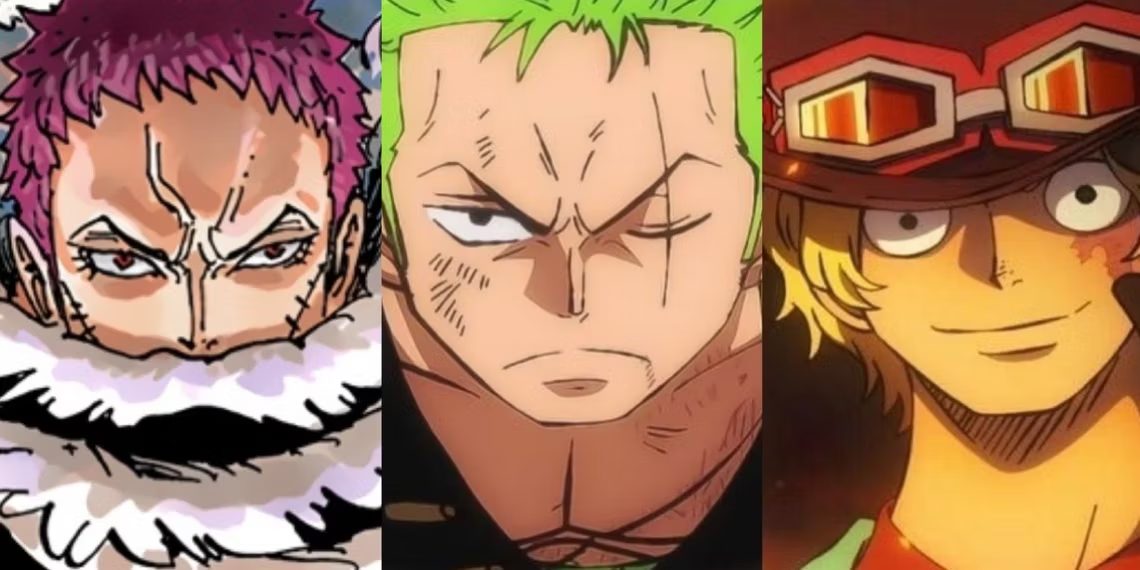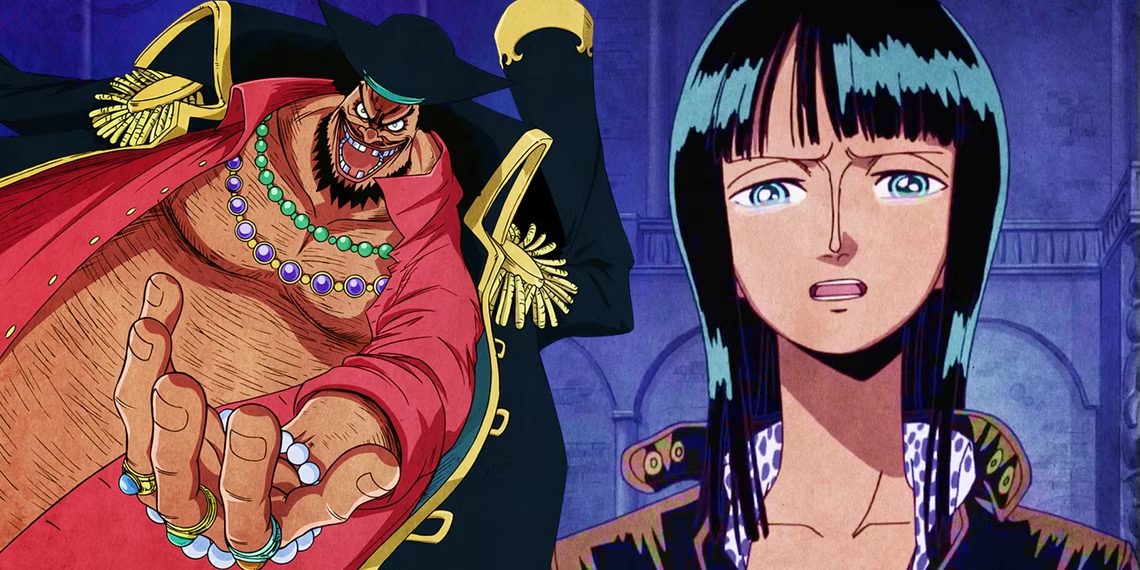Trafalgar Law tends to add a “-ya” to his nicknames for other characters. Here’s the cultural context of that suffix, how it’s used, and why.
Some One Piece fans are confused by a certain verbal tic used by Trafalgar Law in the original Japanese. When he’s talking about someone, he tends to add “-ya” (屋) as a suffix to their name. Not many people know what this suffix is or why he uses it.
Even native speakers are stumped by this unusual suffix. One fan had to ask Eiichiro Oda directly what the meaning behind it was, which he answered in the SBS for Volume 62. As it turns out, the context of this suffix has its roots deep in Japanese history, which might be why this response wasn’t included in the English release of the volume.
What Is the Meaning Behind Law’s Use of -Ya?
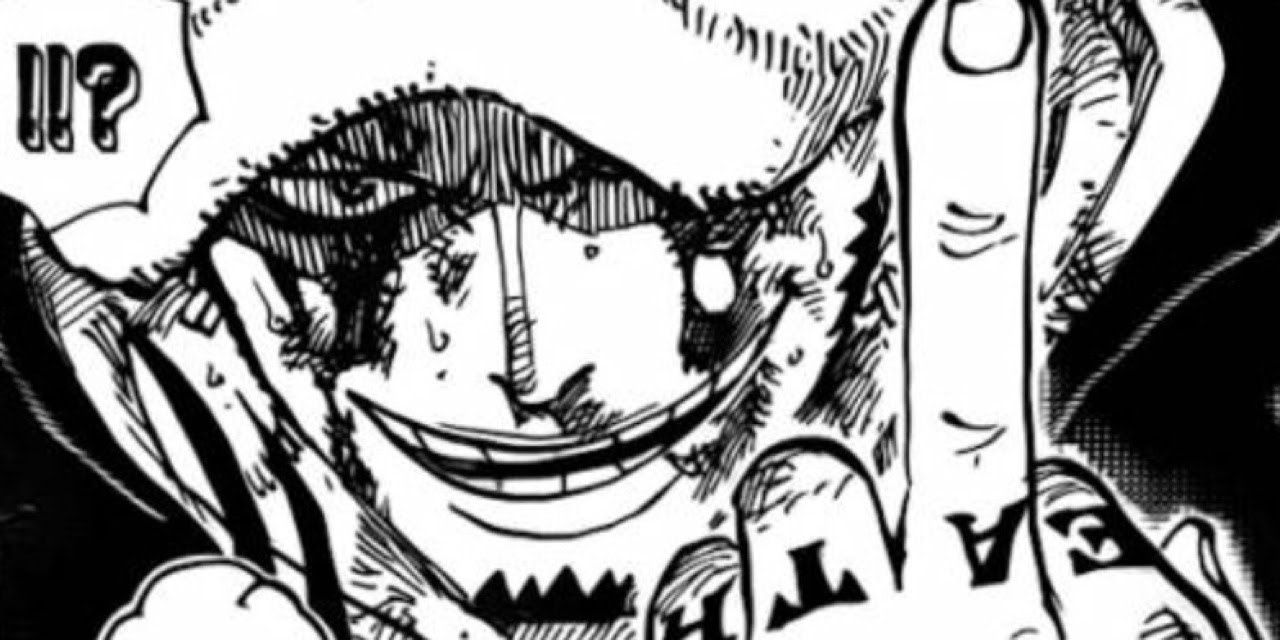
One might expect Law to use the more commonplace “-san” honorific if anything. However, that’s supposed to be a formal and respectful honorific, which doesn’t match Law’s middle finger-giving moxie. He’s used it for Corazon and sarcastically for Vergo, but that’s it.
According to Oda, Law is using a form of yagō (屋号) or “house name.” These types of names, which date as far back as the Muromachi Period, were used for those who didn’t have a formal family name and instead referred to things like where they lived or what their profession was. This is how names like “Echigoya” (one who lived in Echigo Province) and “Minatoya” (one who works by the harbor) came about. In that sense, one could say the suffix -ya was used as a differentiating marker.
With that in mind, one might think that Law would refer to other pirates by their pirate names since piracy is technically their occupation. He seems to do this with characters like Straw Hat-ya (Luffy) and Black Leg-ya (Sanji), but then he’ll also call others by their names in this manner like Zoro-ya and Nami-ya. There are also those he names based on some nickname he’s come up with for them like Robo-ya (Franky) and Nose-ya (Usopp). Since Law’s use of -Ya doesn’t quite line up with its traditional usage, he’s free to take these kinds of liberty with it.
That said, Law’s unique application of -Ya isn’t entirely beyond logic. Since this add-on functions more like a suffix than an honorific, he can attach it to descriptors, verbal tics, or distinguishing features he associates with a character. In these regards, names like Nose-ya and Robo-ya are perfectly viable.
How and Why Is -Ya Used?
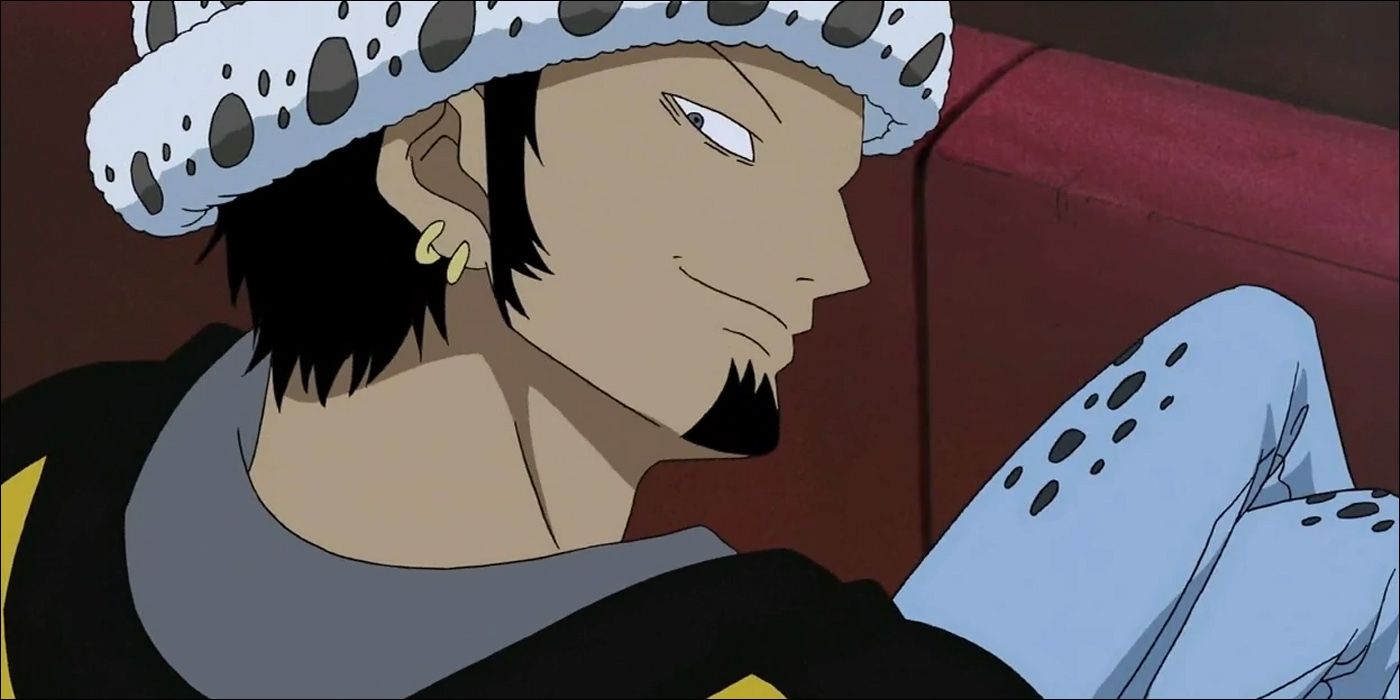
It’s unknown why Law uses this suffix, but it’s at least a way to differentiate him from the rest of the cast. As Oda has shown, it also lends itself to all sorts of applications that add a touch of intrigue to his character as fans guess what he would call which characters. It’s also useful for shots where he’s saying something from off-screen and manga readers need to know who’s talking. While there’s no concrete, in-universe reason for it, the suffix at least has plenty of applications.
Law’s verbal tic sets an example for personality quirks. Not only does it make him out to be more of an individual, but it serves to both inform and engage the audience with its uses. It may be something only he ever does for reasons that aren’t made entirely clear, but that just makes it all the more unique.
Src: cbr.com




